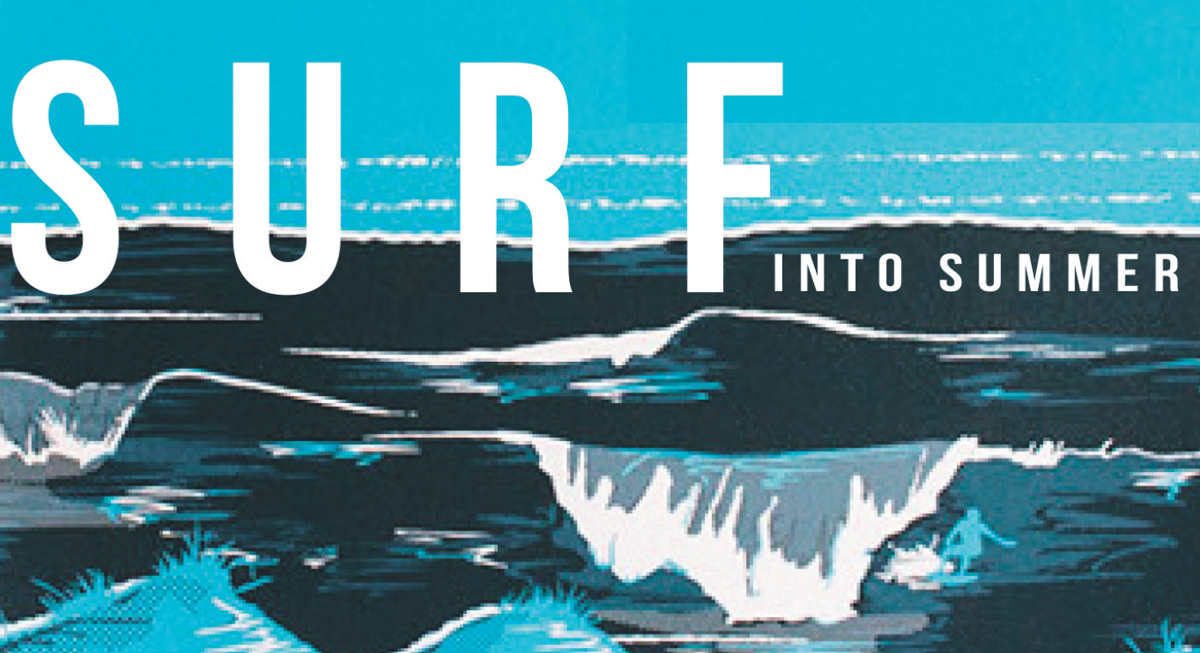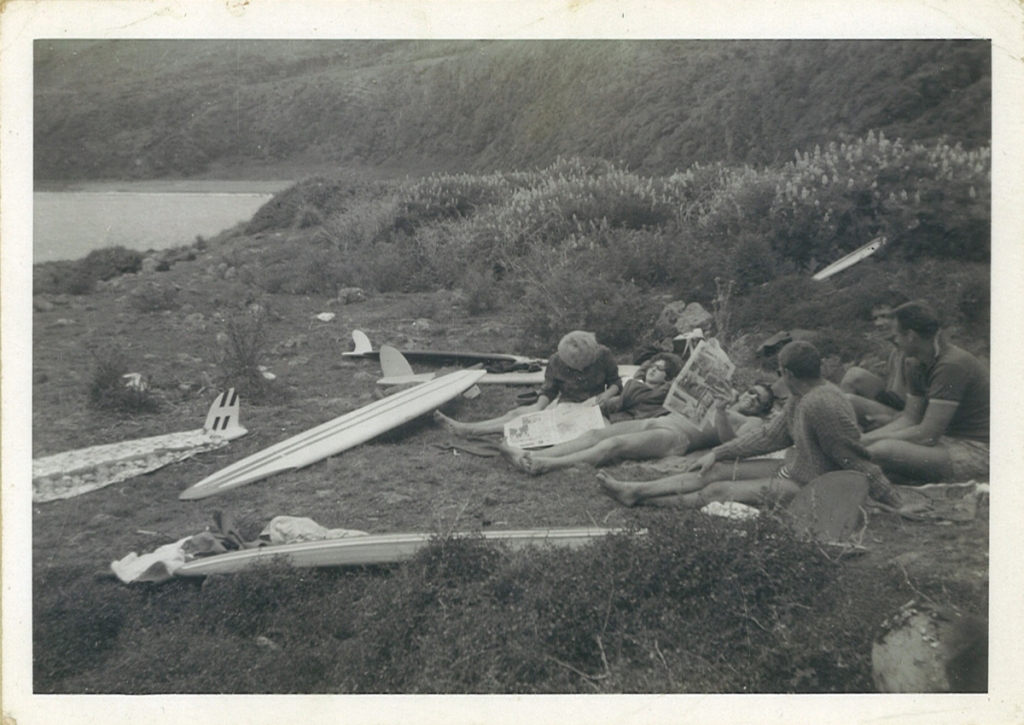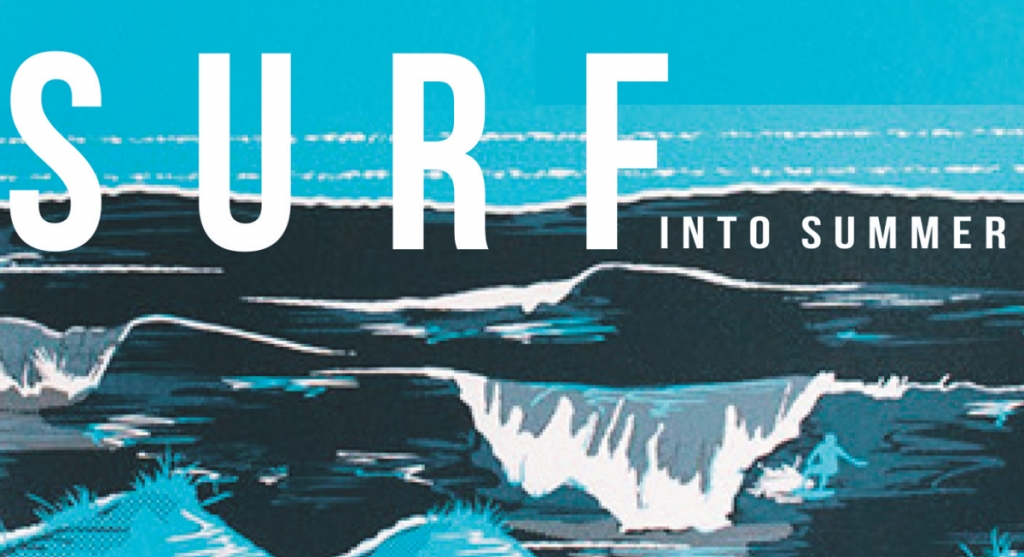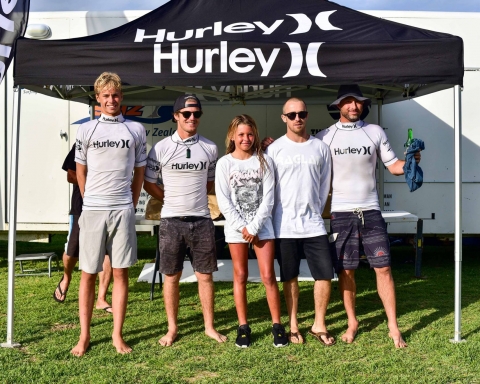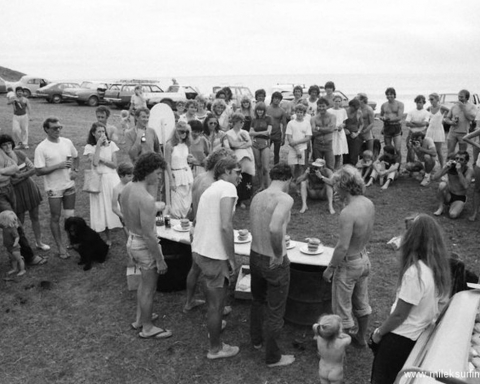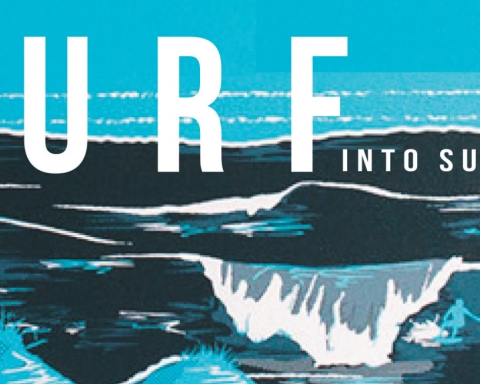“In my eyes, those guys are legends,” said Malibu Hamilton, a few minutes into our conversation. He was referring to the likes of Courty, Crowie, PC… a few of the names he had picked up from reading one the most recent Surf Columns.
The same guys who had encouraged me to get in touch with Malibu in the first place. But to them, Malibu is known as Māori Mike.
Malibu first came to surf Raglan in the early 1960s. He reckons he and his friends, Māori Paul (and eventually Black Eddy and Roger Brown) were the second wave of surfers back then, but probably the first group of Māori surfers in New Zealand.
“There were very few of us [Māori] in those early days. Those Hamilton boys thought we were interlopers, coming to steal their waves. But myself and Māori Paul actually come from around here.”
Even back then, that sense of ‘localism’ came into play on the waves. But over the years Malibu said his relationship with ‘the originals’ has turned into a beautiful experience.’
Born in Kawhia, Malibu’s people are all up and down the coast. At a young age he moved to Auckland to discover the opportunities there. But as soon as surfing caught on he was making regular trips to Whaingaroa.
Malibu has watched the community evolve throughout the years. He has listened to the rhythm of the people. Taking time to observe the behaviours both in the lineup and on the streets. He has watched the waituatanga (spirituality) of the town change.
“In the early days it was surfers who were keeping this town alive. Surfers like us, coming from Auckland, around the country and overseas. Even today surfers make up a lot of the day trips here, the night stays at different times. And the competitions bring a high profile.
Surfers have come into this community and still do. They have bought businesses, developed businesses, employed people–and have been a serious contributor to the net worth of the Whaingaroa community, both then and now.”
Our conversation turned towards the relationship of Māori and surfing–which is one that I thought would be more, connected. But it’s a bit more complicated than that.
The interactions of surfers with Māori at the start of surfing, was one of warring against each other.
“We became self-centered on getting what we wanted, which was the wave,” Malibu said.
“When we first started coming here, we would jump out of the car and down into the paddocks to get to the waves. In those days we didn’t ask. We didn’t have respect for the people that were here. …Surfers started abusing landowners as if they had a right to walk on their private land.”
After observing an altercation between one of the landowners and a couple of surfers, Malibu and his friends stepped in. They took the time to talk to the landowners, to find out what the problems were. They became stalwarts in trying to back the owners and police the surfers.”
Although things have changed over the years, Malibu still hasn’t witnessed much respect between surfers and mana whenua and tangata whenua.
Surfing is an independent sport, and surfers can be self-centered when it comes to the surf. They don’t care to notice that the surf is connected to Karioi or the Township. They don’t always recognise the bigger picture.
But then you have the ones who have taken the time to embrace the spirit of Whaingaroa. And once that gets into you, it changes who you are. You come back to it again and again.
“There are those who have learned and developed themselves to become better people through surfing. They have learned to understand Tangaroa, Tāwhirimātea and Tāne-mahuta, you know that those people are feeling the ocean, they are with the ocean, sharing it and sharing the atua.
There are more people doing that than what a lot of people think.”
There’s a dichotomy of differing viewpoints of existence within Whaingaroa. We are all rooted to the whenua, we are connected to the same ever-flowing tides. It’s our place, as a community to teach that respect, to lead by example.
Malibu believes that Daniel Kereopa’s win of the Ultimate Waterman last year helped to prove that Māori can surf. “Here in Whaingaroa, the mana whenua hapū are in a better position because of it. There’s a lot more respect internationally, regionally and locally because of that,” he stated.
Surfing has also contributed to Malibu’s passion for the environment. He has since taken his love for the water and surfing to the land, fighting to protect what we have.
Karamea Puriri
